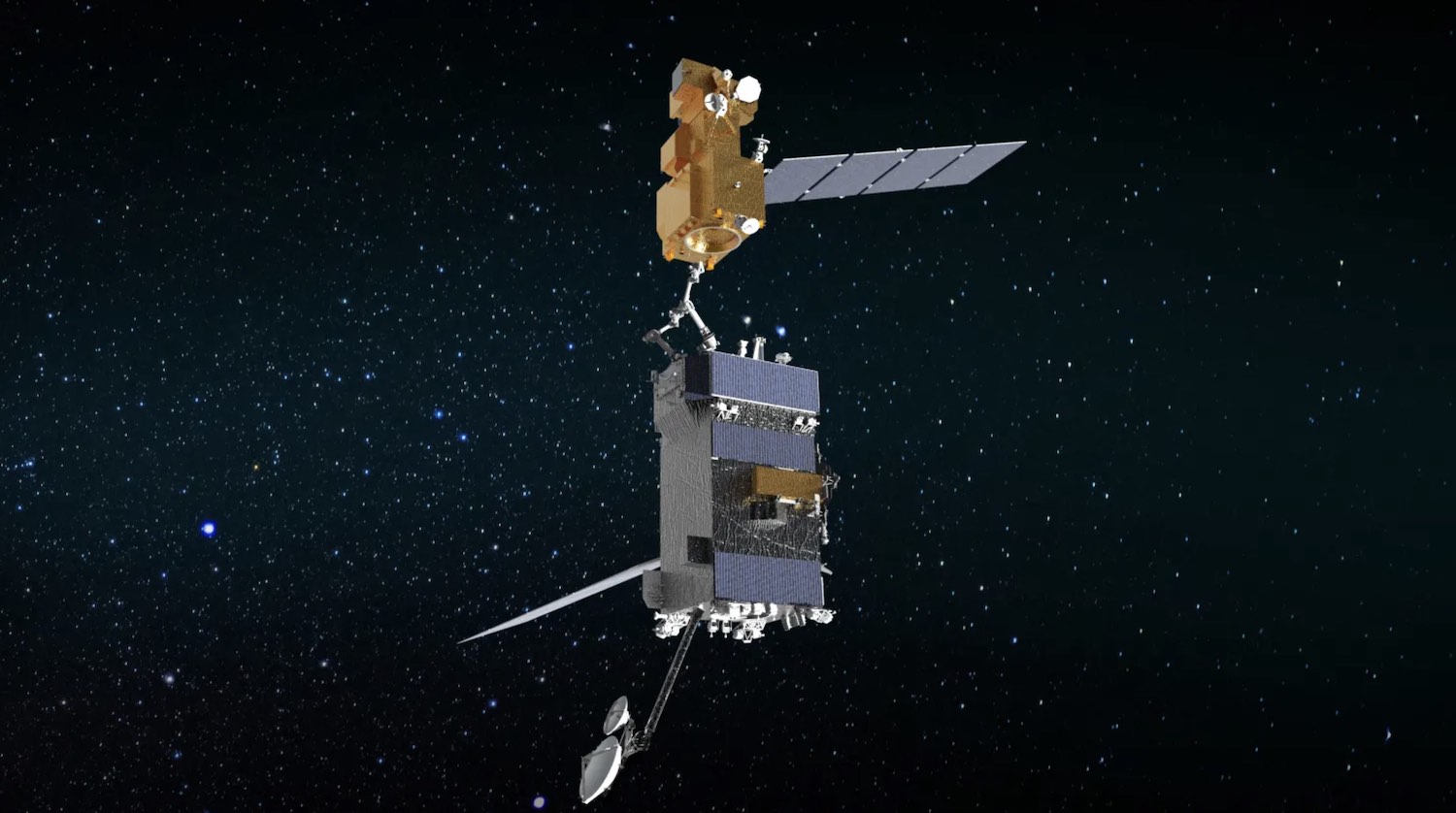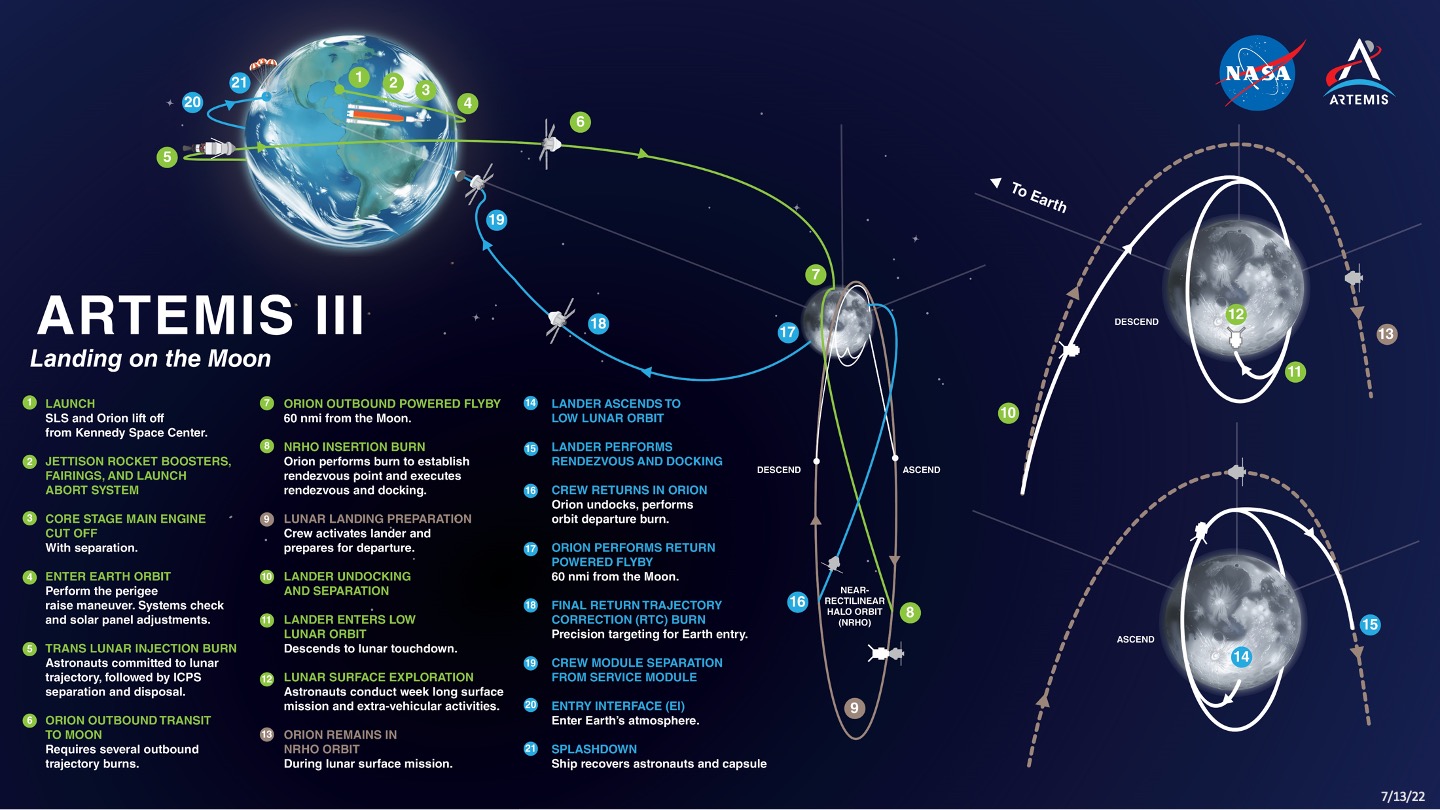NASA has paused several key science committees, citing the need to comply with recent executive orders from the Trump administration. This decision has left the scientific community in a state of confusion, with researchers scrambling to understand how political directives are suddenly reshaping the landscape of space science.
The affected groups are known as analysis and assessment groups (AGs). While not formal advisory committees, they still play a vital role in providing critical insights for NASA’s astrophysics and planetary science divisions.
However, SpaceNews reports that a recent memo from NASA Headquarters has directed these groups to halt meetings and activities until the agency ensures compliance with executive orders targeting diversity, equity, and inclusion (DEI) programs and reversing climate-related initiatives.
The memo has created a lot of confusion within the scientific community. The confusion stems from the broad and unclear nature of these directives. For instance, the Mercury Exploration Assessment Group (MExAG) had to cancel its long-awaited in-person meeting, which had over 200 registrants, including international participants.

That meeting focused solely on Mercury science, including data from the ESA/JAXA BepiColombo mission—topics unrelated to DEI or climate policy. Yet, NASA officials still deemed it necessary to pause this scientific committee and the meeting it had planned.
Other groups, such as the Outer Planets Assessment Group (OPAG) and the Mars Exploration Program Analysis Group (MEPAG), have also had meetings paused without clear guidance on when—or if—they can resume. This blanket approach has caused frustration and uncertainty, especially since many of these gatherings involve critical discussions about current and future space missions.
The inconsistent application of these orders adds to the confusion. While NASA paused many AG activities, it proceeded with a public meeting of the Aerospace Safety Advisory Panel, and the Office of Space Commerce plans to hold an advisory meeting in March.

Meanwhile, the National Science Foundation postponed an astrophysics advisory meeting, highlighting a lack of uniformity across federal science agencies. Beyond NASA pausing scientific committees, changes are quietly surfacing elsewhere, too.
NASA has also restricted funding for programs like Here to Observe (H2O), which connects planetary science missions with underrepresented students. It even removed a 2023 article from its website that highlighted diversity milestones in astronaut history—likely to accord with Trump’s executive order to end all DEI initiatives related to government and federal spending. You can still see the old article in The Internet Archive as late as January 25.
While there is confusion surrounding these decisions, one thing is clear. This situation is more than an administrative hiccup to the scientific community. It’s a disruptive force that threatens collaboration, transparency, and progress. Without clear communication from NASA, researchers have been left navigating a murky space where science and politics collide, and they’re colliding in a very big way.
It is unclear how these changes will affect ongoing space missions like NASA’s Artemis missions or the proposed Mars Sample Return. NASA’s pause of key scientific committees isn’t the first time politics and science have collided, and it won’t be the last.
Hopefully, NASA and the U.S. government will figure out some way to move forward and get scientific operations back on track before they stall out too much. Otherwise, countries like China will continue to pull ahead, especially in space exploration efforts.








